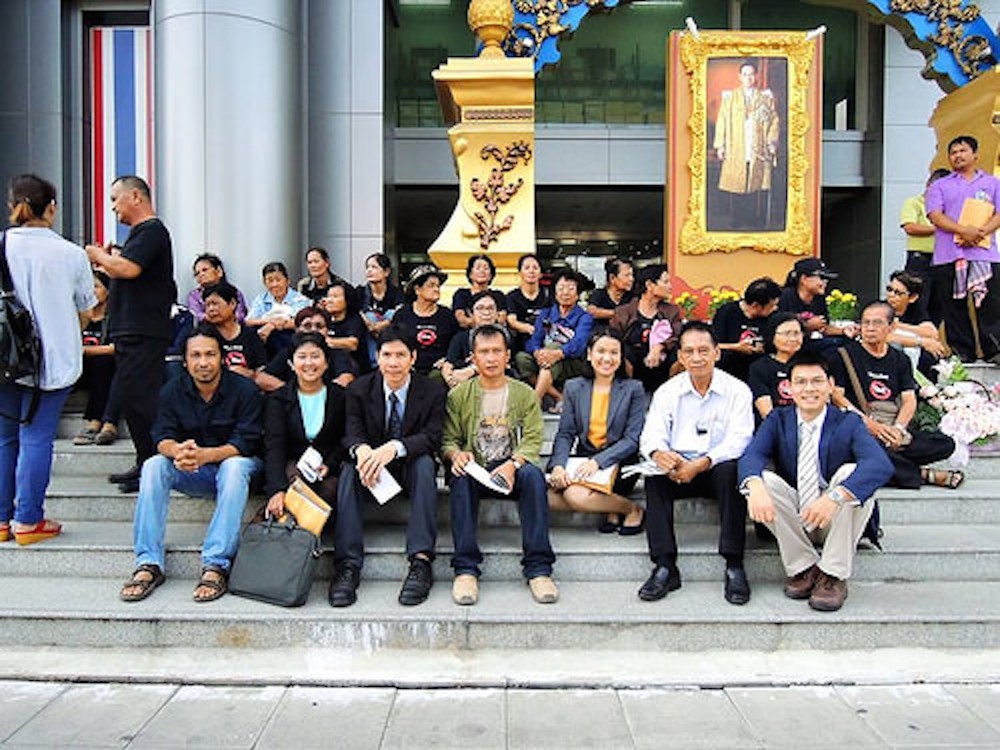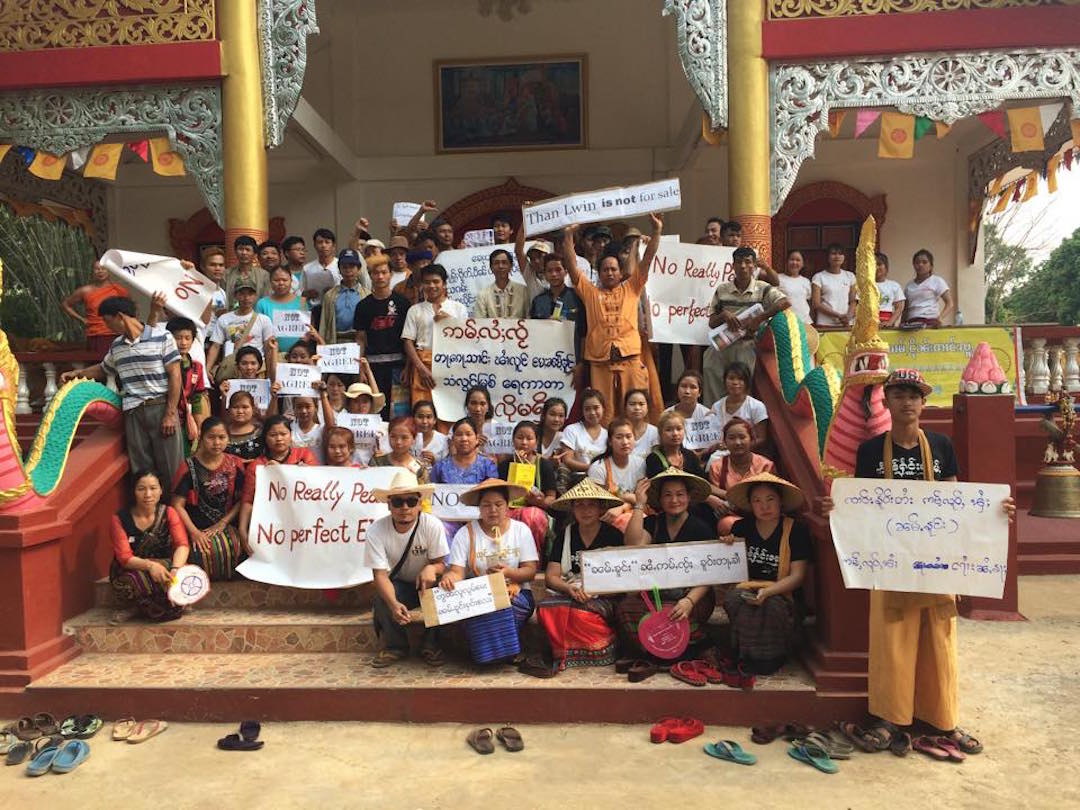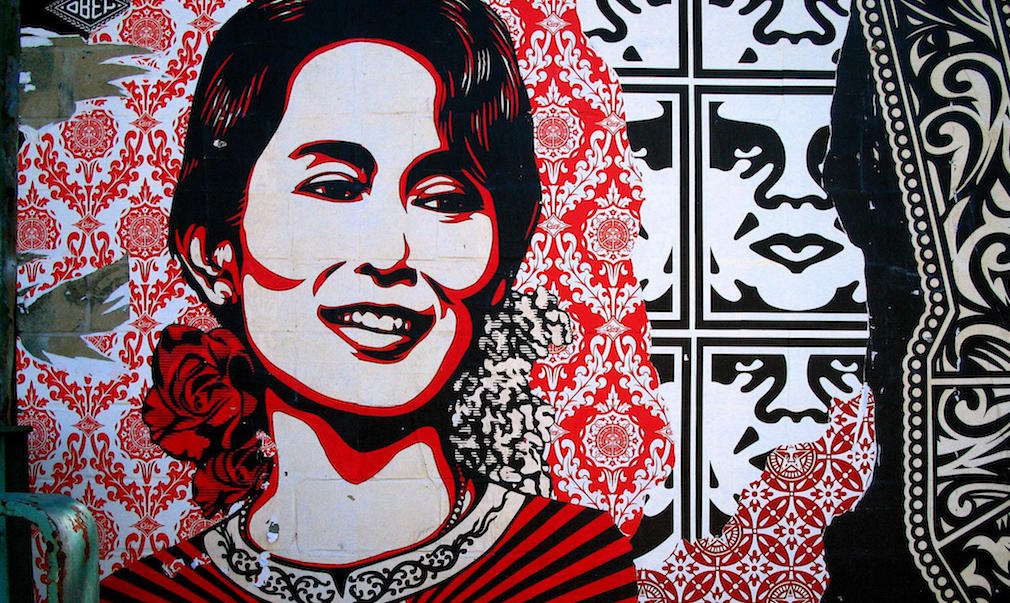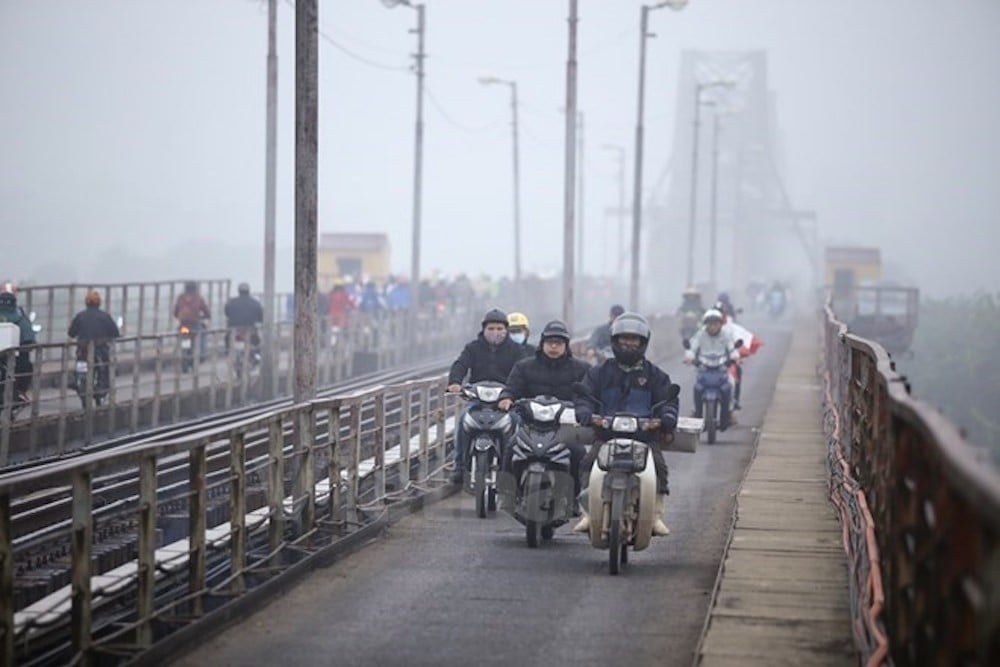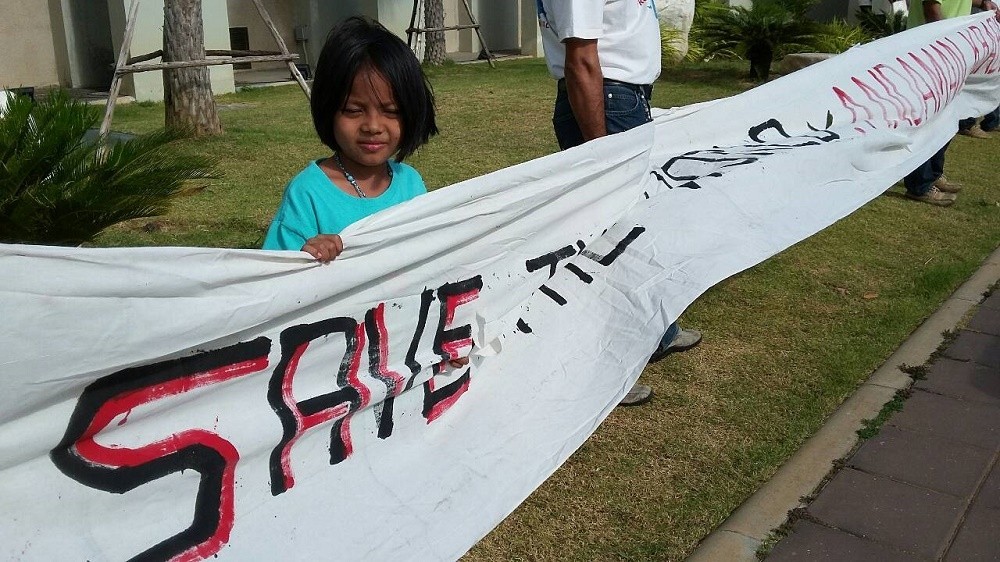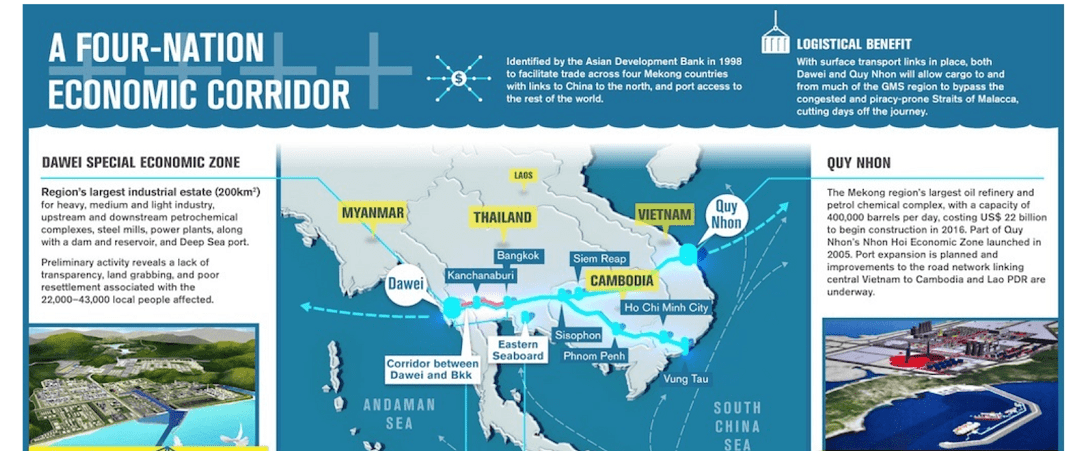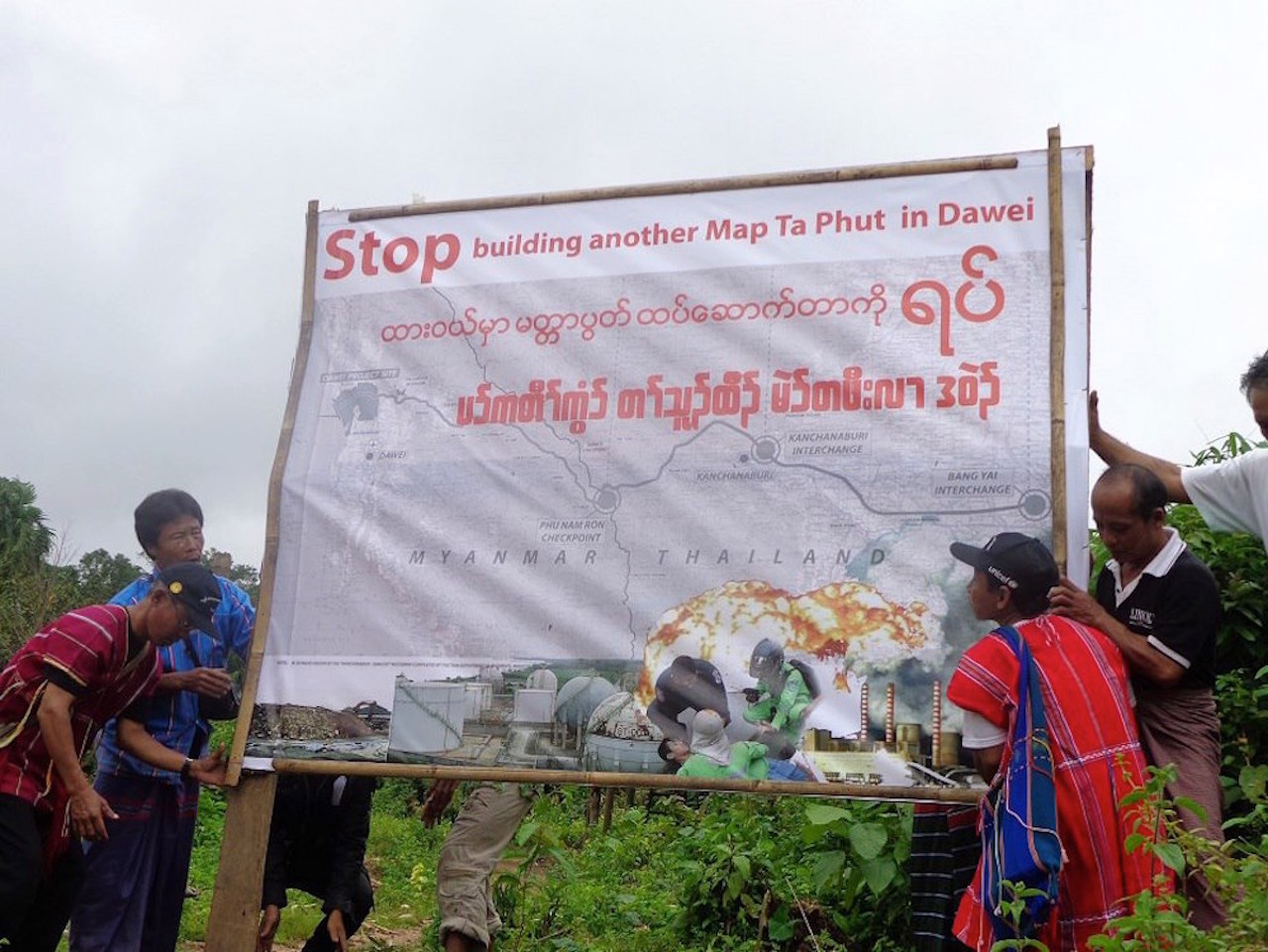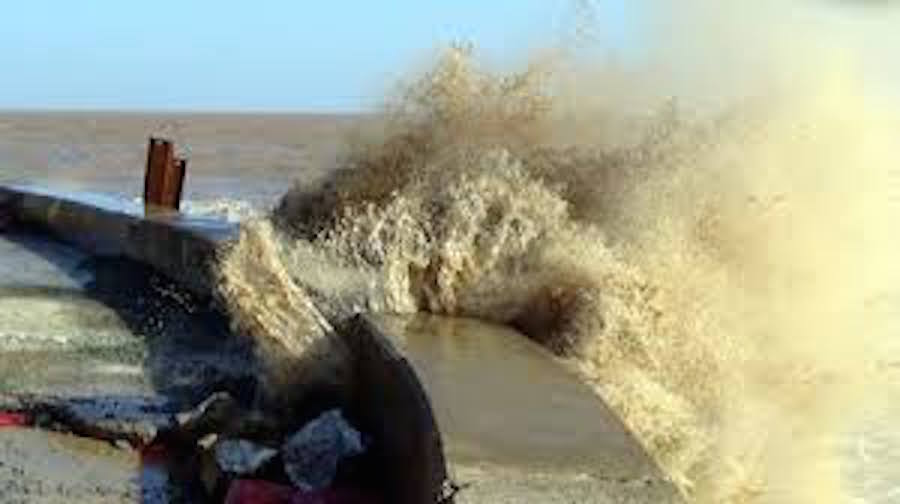In plain words, the NCPO’s order No.9/2559 can only quicken projects when it assumes the EIA and EHIA will be approved as a rubber stamp. All other attempts to justify it are illogical.
But then again, there is a similar failed logic here as in past suggestions that people grow velvet beans instead of rice, shower less in the face of drought or refrain from making sparks to avoid wildfires.
As the military regime lingers on, the daily dose of illogicality is increasing and becomes more flagrant. If a fast-track solution is ever needed, it’s to expedite the exit of one immodest man’s rule to the more sensible one-man, one-vote.


